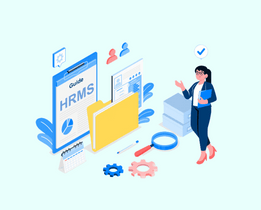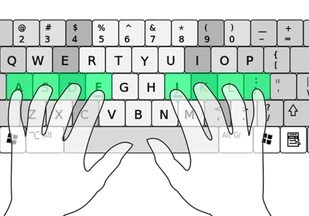Latest Posts
Top 5 Common GST Filing Errors and How To Prevent Them?
 By Techjockey Team March 20, 2025
By Techjockey Team March 20, 2025
Filing GST returns often seems like trying to solve a Rubik's Cube, and that too while being blindfolded! Even veteran accountants make mistakes now and then....
How TDS Software Revolutionizes TDS Return Filing for Chartered Accountants?











Compliance with taxes is like a shadow-chasing game. Chartered accountants are always under stress. It is no simple job to manage client portfolios, dissect complex financial...
10 Best Construction Project Tracking Software in 2025











Man-made structures or buildings, be they homes, malls, offices and more, have a considerable amount of functional and emotional value attached to them. Though largely built...
Accounts Receivable vs Accounts Payable: What’s the Difference?











Effective finance management is key to the long-term survival and growth of any and every business out there. For money is what makes a business and...
How a Digital Blood Bank System Can Prevent Human Errors in Blood Transfusion?











As a healthcare professional, you know how important blood transfusions are in saving lives. Every year, millions of people require blood transfusions in India due to...
What is Background Screening & Why is It Important for Hiring?











People are the most important asset in any business. They work so a company can run and soar to new heights. Thus, it becomes extremely crucial...
10 Best Chiropractic EHR Software for Practitioners in 2025











With technology revolutionizing the healthcare sector as each day passes, for chiropractors to not revel in its privileges is highly unlikely. Faced with increased demand for...
Is Skype Shutting Down? Discover the Top 5 Skype Alternatives











Key Takeaways Best Free Skype Alternative: Google Meet Best paid Skype Alternative: Microsoft Teams Best Skype Alternatives for PC: Zoom Best Skype Alternatives for Business: Zoom...
How Accounts Payable Software Reduces Labour Costs?











Being chased by creditors or debt collectors is every business owner’s worst nightmare. For it not only impacts their business’ operational efficiency, but it also, much...
How HR and Automation Can Make Your Workforce Management Effortless?











HR life is often a trek through quicksand! Each step forward requires increasing effort. Payroll, hours, and recruiting consistently tug at your time. And being compliant...















































